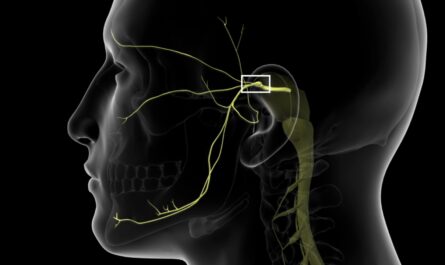
Research Antibodies: Enabling Scientific Discovery
Antibodies have emerged as powerful tools for research across diverse fields of science. With their ability to selectively detect specific targets with high affinity, antibodies are indispensable assets for scientists seeking to untangle complex biological processes and gain new insights. Here we explore some of the ways antibodies are enabling scientific discovery.
What are Antibodies?
Antibodies, also known as immunoglobulins, are Y-shaped proteins produced by the immune system in response to the presence of foreign substances called antigens. In research antibodies are not only useful for detecting and quantifying antigens, but also aid in tasks like isolation, purification and manipulation of targets of interest. There are several classes of antibodies produced by mammals, with immunoglobulin G (IgG) being the most commonly used in research due to its stability, specificity and affinity for antigens. With selective targeting of antibodies for antigens, scientists are empowered to study these targets in dynamic biological contexts.
Neuroscience and Disease Research
Antibodies play a vital role in advancing understanding of the human brain and nervous system. By selectively labeling neuronal structures, pathways and proteins, antibodies help scientists visualize complex neural circuits and track changes associated with development, aging or disease states. For example, antibodies against phosphorylated forms of tau protein have aided in diagnosing and elucidating the spread of tau tangles in Alzheimer’s disease. Similarly, research antibodies targeting amyloid beta have improved detection of protein clumps implicated in Alzheimer’s pathology. Such disease-relevant antibodies guide development of new diagnostic tools and therapeutics. Antibodies are also useful tracers to map connectivity between different brain regions and delineate molecular changes linked to psychiatric conditions.
Immunology and Infectious Disease Studies
Research antibodies are powerful tools to interrogate immune system components and dissect host-pathogen interactions. By recognizing signature immune molecules and pathogens, antibodies aid microbiological identification, detection of infection and assessment of immune responses. For example, antibodies targeting surface markers on immune cells help classify cell types and track their activation states. Similarly, antibodies against viral and bacterial antigens aid disease diagnosis. Antibody-based methods are commonly employed to study mechanisms of autoimmunity, tumor immunology, vaccine efficacy and viral replication cycles. Many diagnostic tests and research assays employ antibodies to recognize pathogens, aiding both research and clinical applications in infectious disease.
Cell and Molecular Biology Research
At the cellular and molecular level, antibodies provide exquisite selectivity to detect and visualize biological targets with high sensitivity. In fields like cell biology, developmental biology and cancer research, antibodies have revolutionized techniques like immunofluorescence, immunohistochemistry, Western blotting and flow cytometry to identify target proteins, mRNAs and other biomolecules in situ within complex biological samples. Through selective staining, antibodies help observe subcellular structures, track protein localization and interactions, monitor gene expression changes and quantify rare cell populations. In conjunction with techniques like live cell imaging, CRISPR screening and protein purification, antibodies continue unlocking new biological insights by selective recognition of targets.
Conclusion
As versatile detection reagents, research antibodies are enabling scientific questioning and discovery across diverse disciplines. With continued innovation in antibody engineering and development of novel modalities, the antibody toolkit offers immense potential to empower scientific questions of the future. As our understanding of biology expands through new technological leaps, antibodies will likely remain central allies for researchers seeking molecular insights into health, disease and the natural world.
*Note:
- Source: Coherent Market Insights, Public sources, Desk research
- We have leveraged AI tools to mine information and compile it

